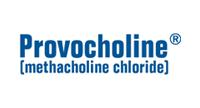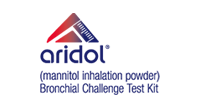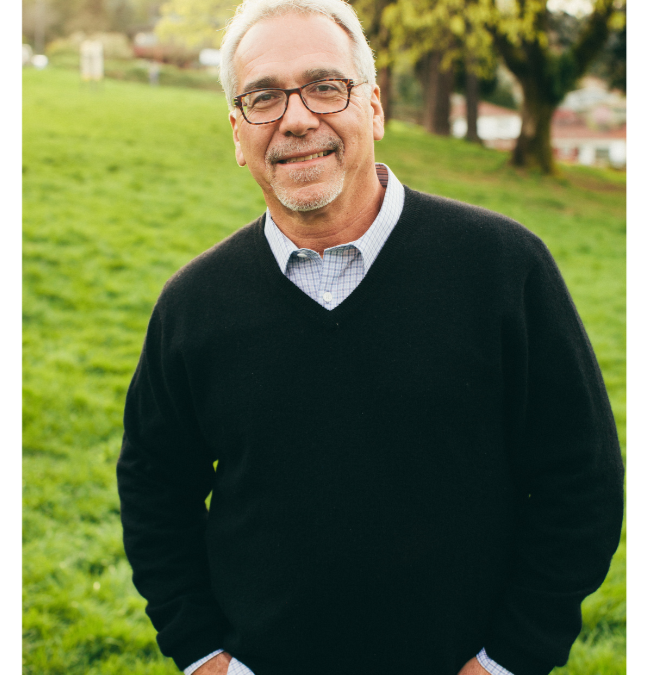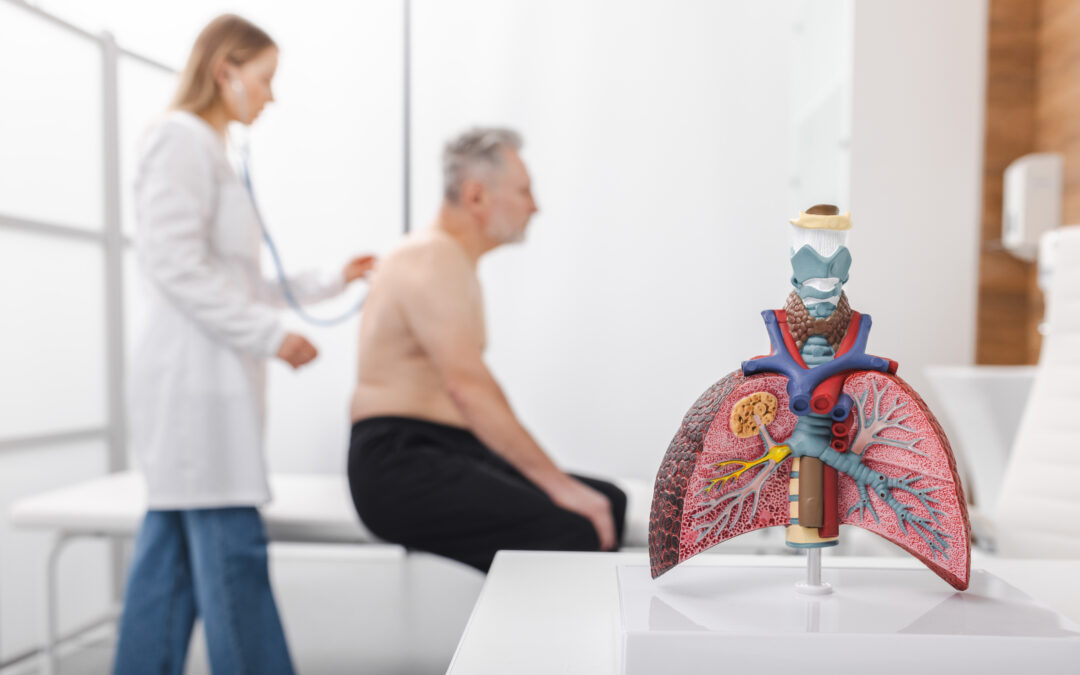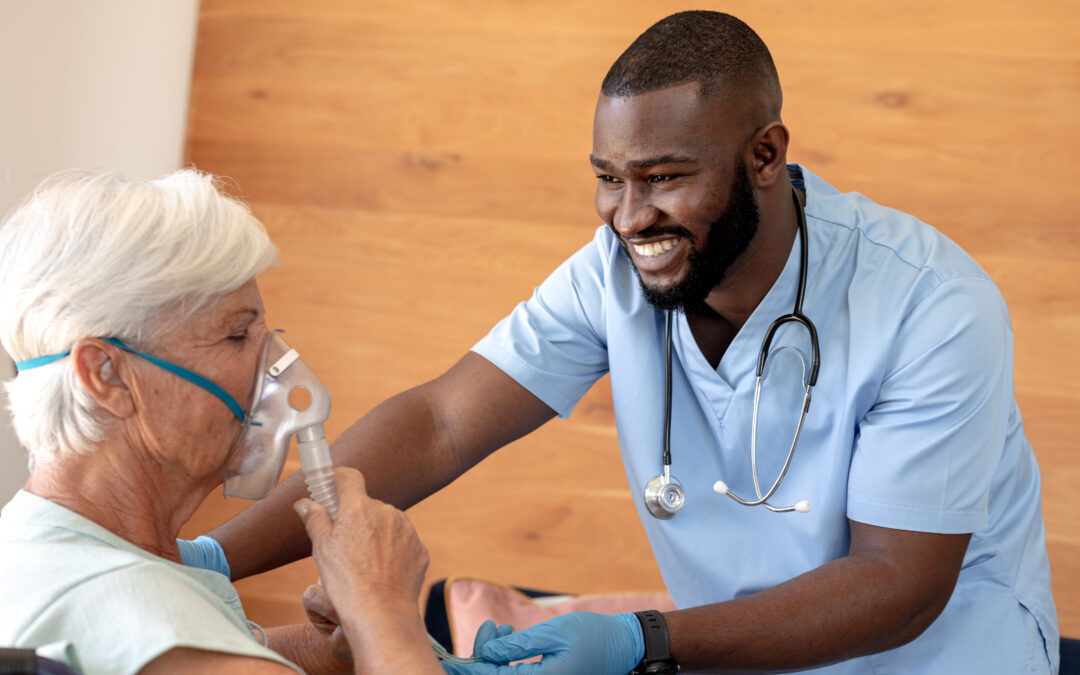Julie (Beth) Carney, MS, BSRT, RRT, AE-C
For many of us, especially in my generation, our fond memories of youth include camping with family, church, or the experience immortalized in many movies: summer camp. Those of us who participated in these camps remember the bunk beds in cabins, making new friends, seeing old friends, campfire sing-a-longs, and a multitude of activities to keep us busy outdoors. But not all children were able to experience these adventures. Those who had asthma or severe allergies were prevented from acceptance at traditional summer camps because they had routine medication requirements, special dietary restrictions, or required monitoring for possible exacerbation. Thanks to organizations like Camp Not-A-Wheeze, this is no longer an issue.
For 35 years Camp Not-A-Wheeze, a non-profit organization in Arizona, has been dedicated to bringing the traditional summer camp experience to children and adolescents with asthma. Recently, they expanded their mission to include youth with allergic conditions and the siblings of the campers. This mission is possible because the camp is operated by volunteers who are physicians, nurse practitioners, respiratory therapists, nurses, and other licensed medical professionals. These licensed medical volunteers are available 24/7 serving as cabin counselors, at activities, teaching lessons, and staffing the infirmary. In addition, students from medical programs and other operational volunteers assist the medical volunteers to ensure a high volunteer-to-camper ratio is maintained. As a licensed respiratory therapist, I was privileged to serve as a counselor last summer and will again be volunteering in June 2024. Campers at the week-long Camp Not-A-Wheeze participate in a variety of traditional activities like adventure courses, games, horseback riding, swimming, kayaking, water slides, arts and crafts, petting zoos, and sing-a-longs. Each day, the campers also attend Asthma Discovery where they will learn about asthma and allergies, medication, and trigger avoidance in a fun environment. When they leave camp, they will be empowered to manage their asthma and allergies and able to share the information they learn with parents, family, and teachers.
As a cabin counselor this year, along with a physician and a student volunteer, I was responsible for a group of six girls. Each day and night we assessed our campers, administered medication, and ensured there were no signs or symptoms of respiratory distress. Prior to any activities involving animals or major exertion, the girls were premedicated to prevent exacerbation. This was the reason the campers were able to enjoy the traditional camping experience. For example, horses and other animals can trigger severe asthma attacks and are sources of allergic reactions for many. Giving the campers bronchodilators, steroids, and allergy medication before horseback riding and visiting our petting zoo allowed the girls to enjoy the activities like any other camper. The girls and I were able to hold, pet, and learn about rabbits, chickens, goats, and ducks. We also rode horses along a dusty trail through the pine forest. It was the first time I was on a horse in 30 years, and I was on cloud 9! But the real joy for me as a volunteer was building relationships with these girls, being silly with them, learning with them and from them, singing songs, performing skits, hiking, dancing, and being part of their camp memories.
Camp Not-A-Wheeze allows these children an opportunity to experience growth, learning, fun, and camaraderie in an outdoor environment. But what about the experience of volunteering? For medical professionals like me, this is an opportunity to use our knowledge and experience to improve the quality of life of children and teens. In an environment far different than our typical work atmosphere we ensure that kids with asthma and severe allergies are armed with information that they may not be receiving anywhere else. Not only do we teach them about their lungs, medication, and trigger avoidance, we show them and reinforce that education every day and night. What an excellent outlet for our skills, knowledge, and passion! For students in medical programs, volunteering is a chance to practice what you are learning in your program under the supervision of licensed professionals and to work with children who appreciate your contribution to their camping adventure. Additionally, volunteering experience is a valuable addition to your resume. I encourage medical professionals and students in Arizona to visit www.campnotawheeze.org to learn more about volunteering, watch the highlights video, and read more about the impact you can have on the lives of these children. For those who live in other states, please check to see if you have any residential asthma camp programs in your area for which you might volunteer.

